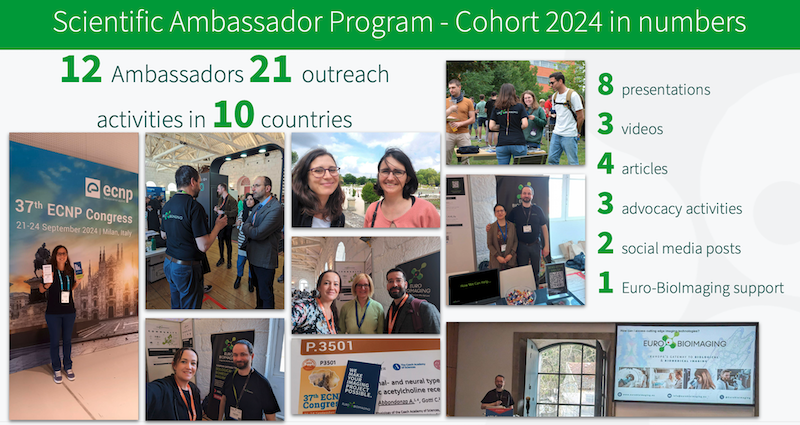
Exploiting the vulnerabilities of drug-resistant cancer for imaging and therapy
On October 11, 2024, Euro-BioImaging hosts the Cancer Metabolism Series in collaboration with the International Society of Cancer Metabolism (ISCaM). This series of lectures takes place once a month during the Virtual Pub, bringing together speakers from the cancer metabolism field with imaging experts from the Euro-BioImaging network, for exchange with enthusiasts from the biological & biomedical imaging fields in the Virtual Pub audience. Our speaker on October 11 is Tim Witney, King's College London, on " Exploiting the vulnerabilities of drug-resistant cancer for imaging and therapy."
Registration is free and open to all. Please click on the button above to register to attend the Virtual Pub every Friday.
Abstract
Therapy resistance is one of the biggest problems currently facing clinical oncology. Despite a revolution in new anti-cancer therapies, durable responses are often not observed due to acquired or innate resistance to these treatment regimens. Currently, there is no satisfactory way to identify patients who are refractive to therapy early in their treatment pathway. As a result, the majority of cancer deaths result from ineffective treatment of therapy-resistant cancer. The early identification of resistance will enable the clinician to dynamically adapt the patient’s treatment regimen, with the potential to dramatically improve disease outcomes and provide substantial cost savings for the healthcare system.
Our group is developing a toolbox of molecular imaging agents that bind to biomarkers expressed in therapy-resistant disease. Whilst tumours employ a myriad of different ways to evade death, we have focused our efforts on imaging common downstream pathways that are agnostic to the mechanisms that result in resistance. In this talk, I describe how imaging tumour antioxidant production holds great promise for treatment response monitoring and the prediction of treatment resistance (Fig. 1). I further describe the development of a novel radiotracer for cancer stem cell imaging in refractive disease. We have exploited the overexpression of these cancer-resistance biomarkers to create novel radionuclide and antibody-drug conjugate therapies. Now, we can not only detect treatment failure but will, in the future, be able to provide an effective treatment option for these patients.

More news from Euro-BioImaging


